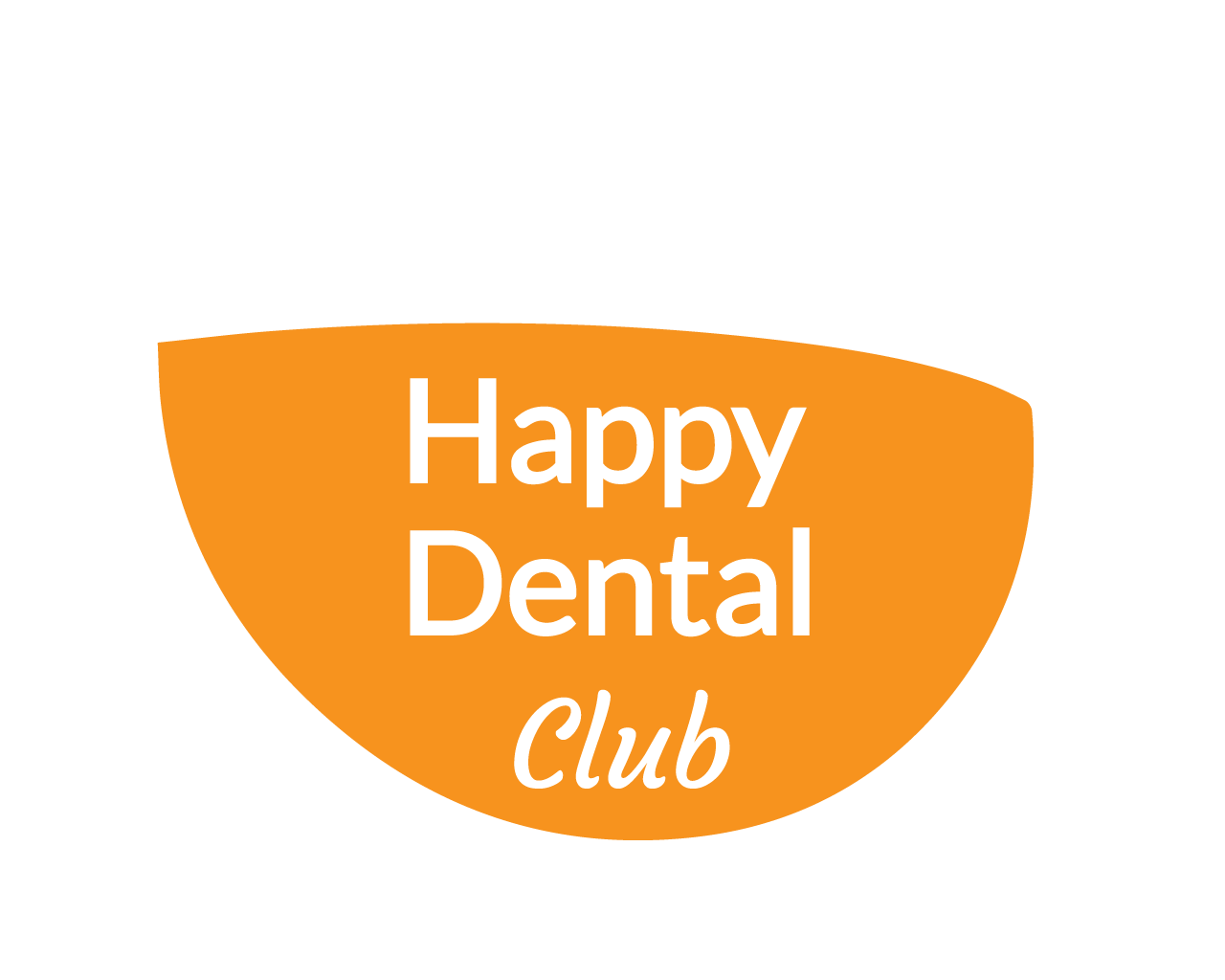Dental Products: Choosing the Right Products for Good Oral Health
Dental Products: Choosing the Right Products for Good Oral Health
Good oral health is essential for overall health and well-being. Dental products such as toothpaste, toothbrushes, mouthwash, dental floss, oral irrigators, and tongue scrapers can help keep your teeth and gums healthy.
Toothpaste
Toothpaste is an important part of any oral health routine. Here are some frequently asked questions about toothpaste:
What ingredients should I look for in toothpaste?
Toothpaste should contain fluoride, which helps prevent cavities. Other ingredients, such as baking soda, can help whiten teeth. If you have sensitive teeth or gums, look for toothpaste designed for sensitive teeth.
Should I use a whitening toothpaste?
Whitening toothpaste can help remove surface stains, but it may not be as effective as professional whitening treatments. If you’re looking to whiten your teeth, talk to your dentist about your options.
Can I use regular toothpaste on my child’s teeth?
Children should use toothpaste designed for kids, which contains less fluoride than adult toothpaste. Children under two years old should only use a smear of toothpaste on their toothbrush.
Toothbrushes
Choosing the right toothbrush is important for maintaining good oral health. Here are some commonly asked questions about toothbrushes:
Should I use a manual or electric toothbrush?
Both types of toothbrushes can be effective, but electric toothbrushes can make brushing easier, especially for people with limited mobility or dexterity. Talk to your dentist about which type of toothbrush is best for you.
What type of bristles should I choose?
Soft bristles are usually best, as they are gentle on your teeth and gums. Medium or hard bristles can damage tooth enamel and cause gum recession.
How often should I replace my toothbrush?
You should replace your toothbrush every three to four months, or sooner if the bristles are frayed. A worn toothbrush can’t clean your teeth effectively.
Mouthwash
Mouthwash can help freshen breath and kill bacteria in your mouth. Here are some questions about mouthwash:
Is mouthwash necessary?
Mouthwash is not essential for good oral health, but it can be a helpful addition to your routine. Talk to your dentist about whether mouthwash is right for you.
What type of mouthwash should I use?
Antibacterial mouthwash can help kill germs that cause bad breath and gum disease. Fluoride mouthwash can help prevent cavities. If you have sensitive teeth or gums, look for an alcohol-free mouthwash.
How often should I use mouthwash?
Most people only need to use mouthwash once a day, after brushing and flossing. Follow the instructions on the bottle for best results.
Dental Floss
Flossing is an important part of any oral health routine. Here are some frequently asked questions about dental floss:
What type of dental floss should I use?
Waxed dental floss is easier to slide between your teeth than unwaxed floss. Flavored floss can make flossing more enjoyable. Ultimately, the type of floss you choose is a matter of personal preference.
How often should I floss?
You should floss at least once a day, preferably before bed. Flossing removes plaque and food particles from between your teeth, where your toothbrush can’t reach.
Can’t I just use a water pick instead of flossing?
An oral irrigator (water pick) can be a helpful addition to your oral health routine, but it should not replace flossing. Flossing physically removes debris from between your teeth, while an oral irrigator simply rinses your mouth.
Oral Irrigators
An oral irrigator, also known as a water pick, can help remove debris from between your teeth. Here are some frequently asked questions about oral irrigators:
Are oral irrigators necessary?
Oral irrigators can be helpful for people who have trouble flossing or have orthodontic appliances. However, they are not essential for good oral health.
What type of oral irrigator should I use?
Countertop oral irrigators are more powerful than handheld models, but they take up more space. Handheld oral irrigators are portable and convenient for travel.
How often should I use an oral irrigator?
Most people only need to use an oral irrigator once a day, in addition to brushing and flossing. Follow the instructions on the device for best results.
Tongue Scrapers
Cleaning your tongue can help freshen your breath and remove bacteria. Here are some commonly asked questions about tongue scrapers:
Why should I use a tongue scraper?
A tongue scraper can help remove debris from your tongue that can contribute to bad breath and bacterial growth. It can also improve the taste of food by removing any buildup on your tongue.
How do I use a tongue scraper?
Hold the tongue scraper with both hands, placing it at the back of your tongue. Gently pull the scraper forward towards the tip of your tongue, repeating until you’ve cleaned the entire surface of your tongue.
What type of tongue scraper should I use?
Tongue scrapers come in different shapes and materials. A stainless steel or copper scraper is durable and easy to clean, while a plastic scraper may be more affordable and easier to find.
Conclusion:
Choosing the right dental products is crucial for maintaining good oral health. Toothpaste, toothbrushes, mouthwash, dental floss, oral irrigators, and tongue scrapers all serve different functions, and selecting the right product for your individual needs can make a big difference in your oral health. Speak to your dentist about which products are best for your unique situation, and prioritize good oral hygiene practices every day.

